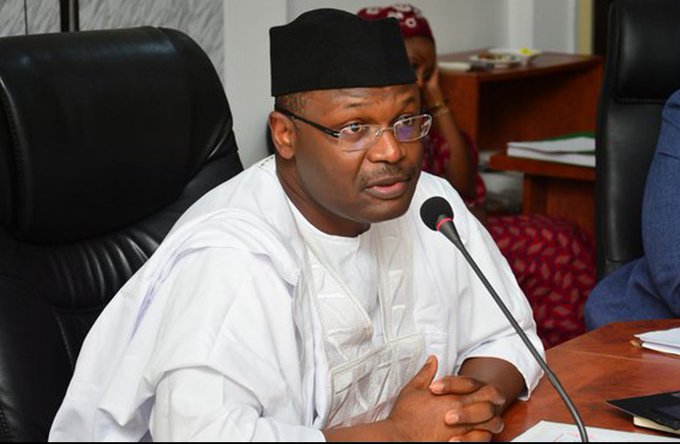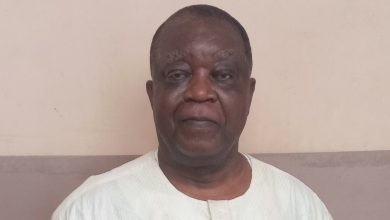Tinubu honours Yakubu as INEC chairman bows out after two terms

President Bola Tinubu has accepted the departure of Mahmood Yakubu as chairman of the Independent National Electoral Commission (INEC) following the expiration of his second term in office.
Yakubu, who was first appointed in November 2015 as the 14th chairman of the commission, served two consecutive five-year terms after his reappointment in 2020. His tenure officially came to an end this month.
In a statement on Tuesday, President Tinubu expressed appreciation to Yakubu for his years of service and contributions to the nation’s democratic development, particularly his role in conducting elections over the past decade.
The president also conferred on Yakubu the national honour of Commander of the Order of the Niger (CON) in recognition of his “dedicated service and commitment to strengthening Nigeria’s democracy.”
Tinubu further directed that the most senior national commissioner, May Agbamuche-Mbu, should take charge of the commission in an acting capacity pending the appointment of a substantive chairman.
In a letter dated October 3, Yakubu thanked the president for the opportunity to serve, expressing gratitude for the trust reposed in him over the years.
“I am deeply honoured to have had the privilege of serving our country in this capacity,” he said. “I thank the president and Nigerians for their support throughout my tenure.”





